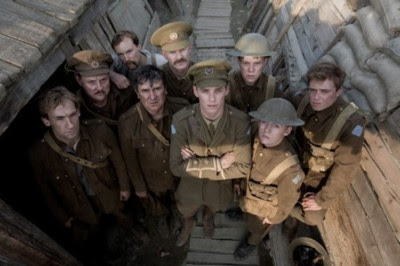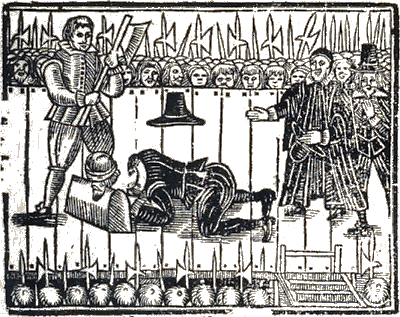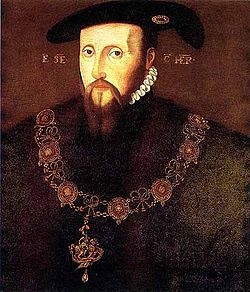
Last night, BBC 1 showed part 1 of an adaptation of one of my favourite historical fiction novels: Birdsong. And before I delve into just how amazing this show was (and how full of amazingly beautiful young men!), I thought I'd give you guys a bit of background on my rather intense love of anything First World War.
Back when I was at school, or rather Sixth Form and taking my AS/A Levels, we were studying First World War literature as part of my English Literature course. And the chance came up for us to go on a trip to Belgium to see the sites of the first world war, visit the cemeteries and learn about the place that these poets and authors were writing about. During the course I fell in love with the work of Wilfred Owen, so I jumped at the chance to go to a different country and see where all this destruction had happened. To this day Wilfred Owen is still my favourite poet from that era, and I can recite Dolce Et Decorum Est pretty much from memory, but that's a different story for a different day. Anyway, off we went to Belgium on a coach full of rowdy sixth formers and we ended up in a little hotel that served the most atrocious food I have ever known! I digress. During our week in Belgium we visited a number of sites including the Menin Gate in Ypres, the Lochnagar Crater on the Somme, and some preserved trenches (which we had a lot of fun running around in the mud...before going into the dug outs which was really rather frightening!). The place that stuck in my mind the most however was the memorial at Thiepval, a memorial to the lost soldiers that died on the Somme battlefield and were never found. As we walked around it I was struck by the number of names on there, the number of men who never came back from the war. As I'm sure many of you know, the battle of the Somme in 1918 was one of the most atrocious battles during the war with over 20,000 men being killed in the first few hours. Whilst we were in the visitors centre, I spotted a book for sale in the bookshop with a rather haunting cover: Birdsong by Sebastian Faulks, and I immediately delved into my purse for the 18 Euros it cost. And from then on I was hooked, the book was read over and over.
I found out a couple of weeks ago that the BBC were showing an adaptation of this wonderful novel, and I may have gotten rather excited. Though I did have to convince my other half to let me watch it instead of having the snooker final on (boring!). And I was certainly not disappointed.

First of all I want to say that the casting choices for Birdsong were absolutely fantastic. Those of you who have seen Pillars of the Earth and Game of Thrones will have recognised a few of the actors, most especially Eddie Redmayne as Stephen Wraysford (Jack Builder from Pillars) and Richard Madden as Captain Weir (Robb Stark from Game of Thrones). And as I watched last night, I honestly thought that the acting was top notch, definitely worthy of some awards! I lost count of the times that I sat sobbing over Eddie's portrayal of Stephen, especially as he held the hand of a young soldier who was dying from being hit by bomb shrapnel. And Madden's performance of Weir couldn't have been any better! When I read the book, I got a sense of Weir's terror, his shyness, his dependence on alcohol and everything Madden did in the episode pointed to that - he was charming (the scene where Weir's mother sent him a jumper for instance), the amount of times he took a swig of whiskey from a hip flask with shaking hands, when he admitted to Wraysford that he had never known a woman. Just perfection.
The story in Birdsong is just heart wrenching, and I'll try not to spoil you too much over what happens - honestly, pick up a copy of the book if you can because it will really open your eyes to what First World War fiction should be like. The story follows the career of Lieutenant Stephen Wraysford, a young man pulled into the War of 1916. To start with he is just a young man visiting France to learn more about the fabric business and he stays with the Azaire family only to fall in love with the beautiful Isabel Azaire. I shall say no more of this other than, watch next week to see some fireworks (or read the book!). Wraysford eventually finds himself a soldier in the war, dealing with loss and loneliness as he learns to lead his men, as he learns how to make the men respect him without being a horrible and nasty piece of work. He gets involved, he tends to the men as they lay dying and wounded and he makes so many friends along the way (Weir and Firebrace being just two of them) but all the time realising that death could come from any bullet fired from the opposing trenches. It really is heart wrenching, and I lost count of the amount of times I sobbed as I read the book and I expect that part 2 of the dramatisation will do the same to me next Sunday!

The cinematography of last nights Birdsong was just wonderful. I loved how they mixed up Stephen's life with the Azaire family and his time in the dark, dismal and muddy trenches. It was as if Stephen was sat in his dugout remembering his life before. And I loved how they did it, especially at the pivotal moment at the end of the episode where he lay there remembering his time with Isabel. I will say no more for fear of spoiling you all but honestly, it was so well done and I was crying so many tears by the end of the episode. Plus I have honestly seen no other show portray the horror of the trenches in the way that was done in Birdsong, they looked like real trenches, muddy, disgusting, crowded, dirty and dangerous. One particular part of the episode got me, when a young man who had been down in the tunnels with Wraysford and the tunnelers came out and stuck his head over the parapet, only to have a bullet skim past his head. Wraysford pulls him down and shouts, "DO YOU WANT TO GET US ALL BLOODY KILLED?!" - a very poignant moment which really brought home how dangerous it was in the trenches.
All in all, Birdsong was quite possibly one of the best historical dramatisations I have ever seen the BBC do, and it deserves all the awards. I honestly hope that the actors and the directors get the credit they deserve for turning the book by Faulks into an absolutely mind blowing television experience. I will most definitely be tuning in again next week, and I have also started reading the book again. All I need to do now is revisit Belgium and see the Somme again, and have another walk around Thiepval (plus I have family buried somewhere over there and I want to find them).











